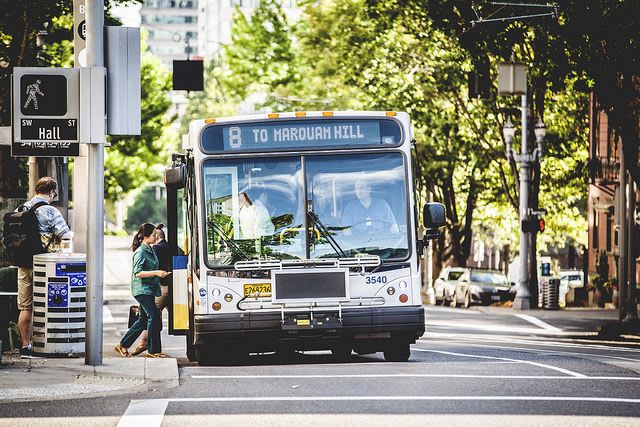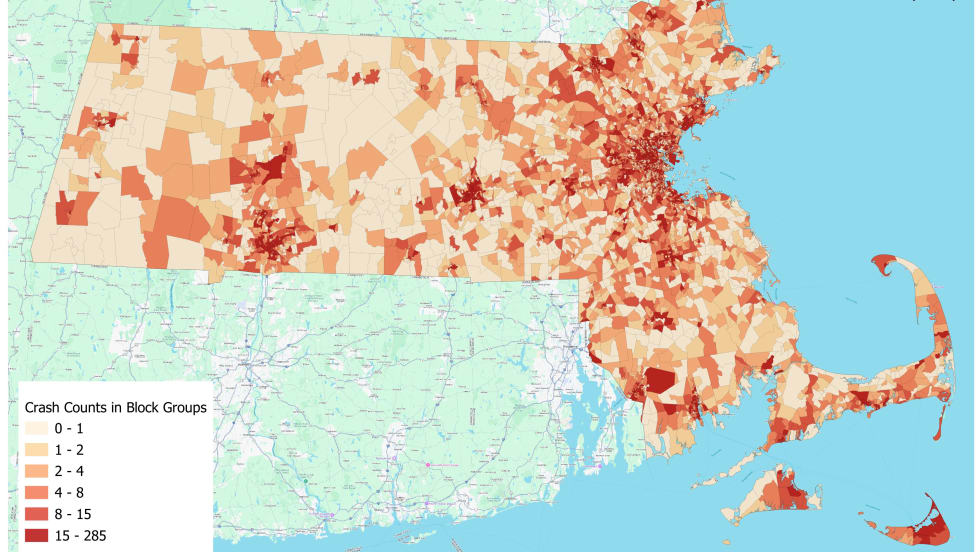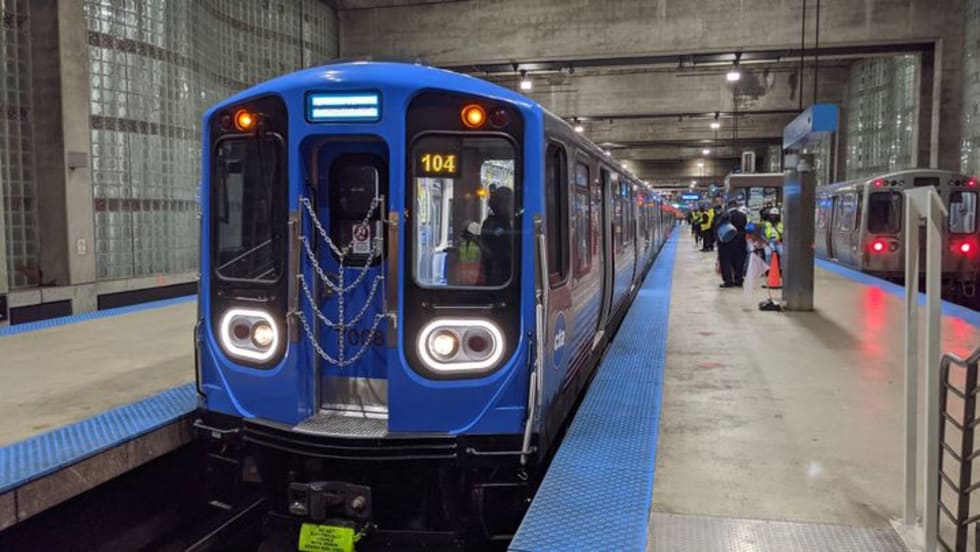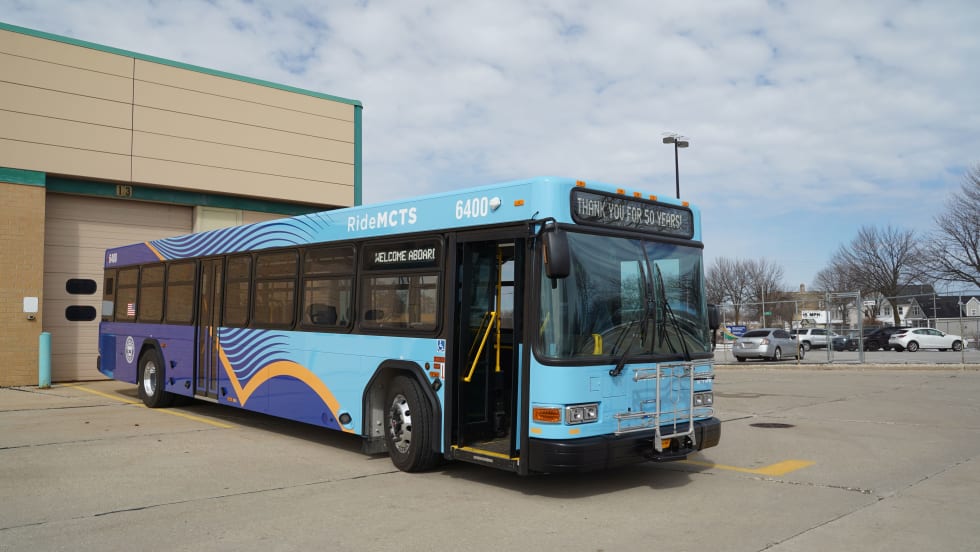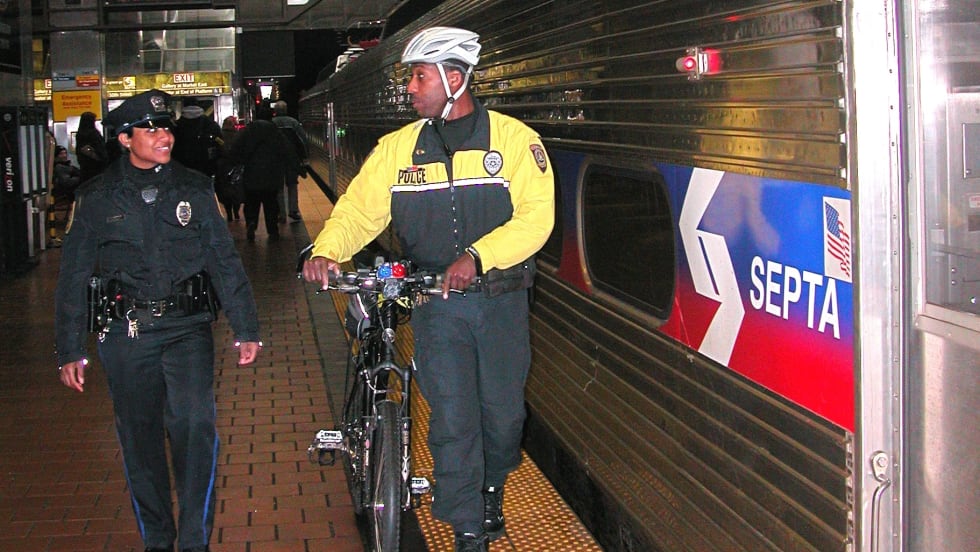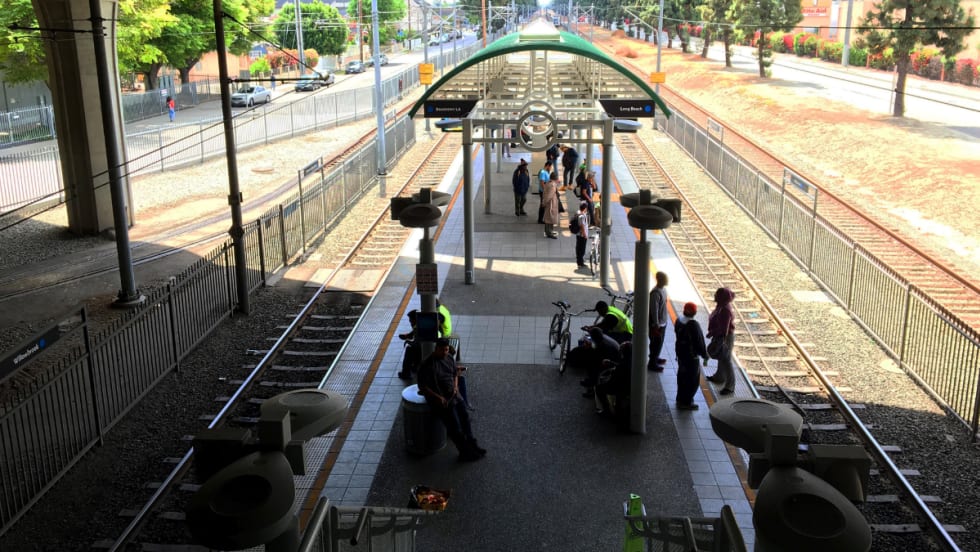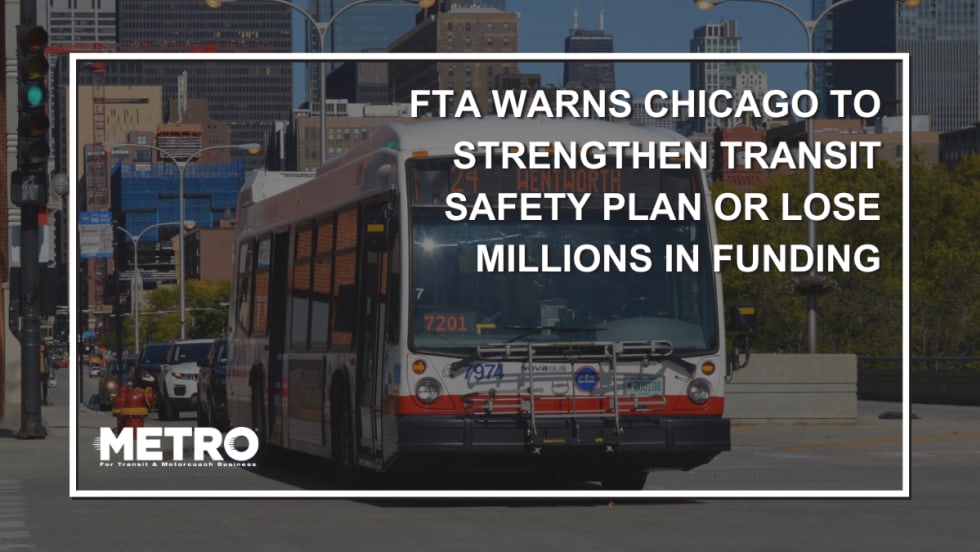In the wake of civil unrest around the nation, Portland, Ore.’s TriMet is taking a series of immediate short-term actions and pursuing long-term considerations, including reducing existing police contracts by six positions and redirecting additional funds totaling $1.8 million to community-based public safety approaches.
“At TriMet, we condemn acts of hate — be they deliberate or veiled, explicit, or indirect,” said TriMet GM Doug Kelsey on a blog post from the agency. “We hold fast to our commitment to diversity, equity, and inclusion. TriMet’s core value is the safety of all our riders and employees. That includes being safe from racial bias.”
For the next fiscal year starting July 1, TriMet will initiate three efforts to inform a reimagined public safety approach:
Conduct community-wide listening sessions to gather feedback from riders, frontline employees, and community members on the best approaches to providing security on the transit system that is free from bias.
Establish a panel of local and national experts to advise TriMet on national best practices for transit security, equity, and community engagement in safety and security.
Pilot new non-police response resources, such as mobile crisis intervention teams for mental and behavioral health issues.
TriMet said it will retain Transit Police officers on the system, since they play a vital role in preventing crimes against riders and employees, while also responding if a serious incident does occur. “Having officers dedicated to transit allows them to become familiar with TriMet staff, how the system works, and the needs of our riders,” said the agency, adding that it recognizes not all situations require a police response, which is why they want to pilot alternative approaches to public safety on transit.
Equity steps TriMet has taken
The new actions TriMet announced join the steps and actions taken over the past five years, in coordination with its Transit Equity Advisory Committee, to make TriMet more fair and equitable, including decriminalizing fare enforcement by soliciting a change in state law to allow TriMet to resolve fare evasion citations directly rather than citations automatically going to the court; reducing punitive impacts of fare evasion penalties in July 2018 with potential for reduced fines, community service, or enrollment in TriMet’s Honored Citizen reduced fare program; implementing a low income fare program that has allowed more than 30,000 people to ride with Honored Citizen reduced fare — a 72% discount over TriMet’s base fare; and more.
Looking ahead, immediate steps TriMet is taking with the announcement, include:
Reallocating funding from police services to community-based public safety opportunities prior to July 1, 2020.
Conduct community listening sessions and outreach over the next 90 days.
Immediately form a blue-ribbon committee made up of safety, security, and equity experts. The committee will report to the Board before the expiration of the current police management intergovernmental agreement this winter, to review TriMet action plans and advise further opportunities.



